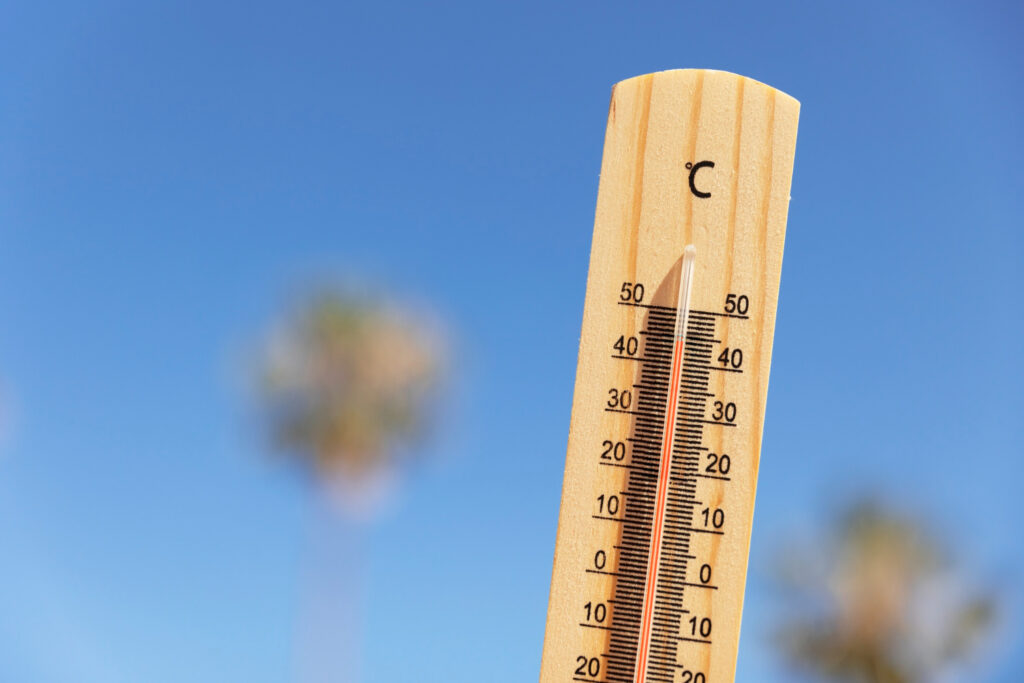Summer Fire Risks: How to Protect Your Business from Heat-Related Hazards

In the summer, days become warmer and fire risks increase, especially for businesses. As temperatures rise, the danger of heat-related hazards increases considerably and threatens your property, staff and operations. This is why all businesses must pay special attention to fire safety at this time of the year. Let’s explore how summer increases the risk of fires and what you can do to protect your business during this season.
Why Summer Has Higher Fire Risks
During summer, the temperatures are high, dry air persists, and electricity usage increases, which creates the perfect conditions for a fire to start and spread rapidly. Businesses rely on machinery, computers, HVAC systems, and other electrical equipment for everyday operations. These devices can easily overheat in summer if not maintained properly, resulting in sparks and electrical fires.
In dry regions that get little rain or have grass and shrubs around buildings can become easy grounds for fires to erupt. A small spark can cause a fire to spread rapidly within minutes. Electricity usage also increases at this time. With higher use of air conditioners, fans, and other cooling devices, the load on electrical systems increases considerably and the chances of short circuits and electrical fires also become higher.
Steps to Protect Your Business
By taking some simple steps, you can reduce the risk of fire during summer:
- Schedule Regular Inspections
Before the beginning of summer, you must get your HVAC systems, electrical systems and appliances thoroughly checked. Oftentimes, worn-out parts and faulty wiring are the reason behind fires. Periodically calling professionals for inspections can help identify small issues before they turn into bigger problems.
- Clear Out Flammable Materials
Keep your surroundings clean and free from dry leaves, garbage, old boxes, and other materials that can easily catch fire. Ensure that the area in which business operations are conducted, flammable liquids and chemicals are stored properly in containers and away from any heat sources.
- Check Fire Extinguishers
Get your fire extinguishers professionally checked to ensure they work properly. Test your smoke detectors and fire alarms periodically, replace batteries if needed, and get them fixed if they aren’t functioning correctly. This is important because having fire safety tools isn’t enough, it’s also vital that they actually work during an emergency.
- Train Your Staff
Give your employees necessary training on how to spot fire hazards, use a fire extinguisher, and respond in case of a fire. Only when a team is well-prepared can it act and help during an emergency. So sign them up for fire safety training.
- Install Fire Protection Systems
If you have not already installed fire safety systems like sprinkler systems or modern fire alarms, then you must get them installed now. If your systems are too old, then you should consider upgrading them so that they function properly in case of a fire emergency.
Reach out to FireMaster to explore advanced fire suppression systems, such as our kitchen hood fire suppression system. We offer cutting-edge fire safety solutions that can help protect your business during fires.
